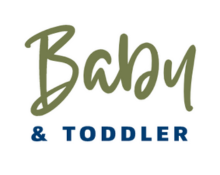
For the majority of breastfed babies, water supplementation is not necessary during the first six months of life. Breast milk is composed of around 88% water, and it meets the hydration needs of infants. Breast milk is perfectly balanced and provides both nutrition and hydration to your baby.
Breastfed babies obtain the necessary hydration from frequent feedings. Breast milk composition changes throughout a feeding to meet the changing needs of the baby. The foremilk, which is the initial milk released during a feeding, quenches thirst, while the hindmilk, which comes later in the feeding, provides more substantial nutrition.
Introducing water to a breastfed baby before six months of age is generally not recommended, as it can fill their small stomachs and reduce their appetite for breast milk, which is their primary source of nutrition. It’s essential to exclusively breastfeed your baby on demand and ensure they have frequent and unrestricted access to breast milk.
However, there are some circumstances where water may be recommended for breastfed babies, such as in hot weather or during episodes of illness with signs of dehydration. In these cases, it’s best to consult with your healthcare provider for guidance specific to your baby’s situation.
Once your baby begins solid foods around six months of age, small amounts of water can be introduced in a sippy cup or open cup along with meals. Water can help facilitate drinking from a cup and promote healthy drinking habits. However, it’s important to note that breast milk or formula should still be the primary source of hydration for your baby.
Always consult with your healthcare provider or a pediatrician if you have specific concerns or questions regarding your baby’s hydration or feeding practices. They can provide personalized guidance based on your baby’s individual needs and circumstances.
